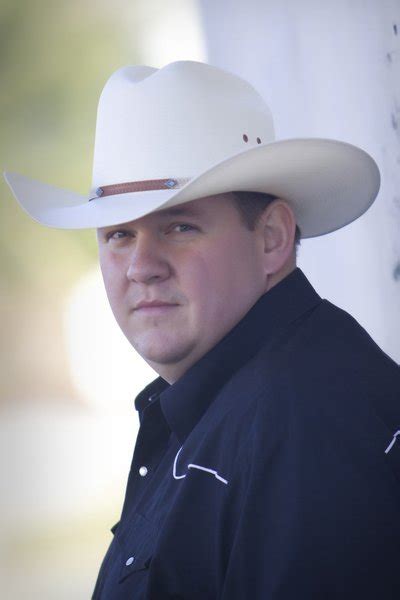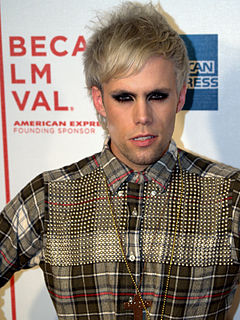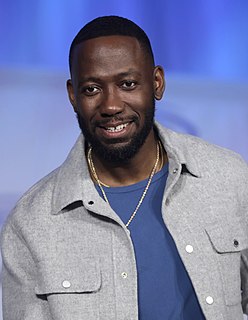A Quote by Ashley Rickards
I'm not saying standardized tests are the worst ever, but there's an in-between and I don't think we're there yet. That's what I mean when I say I have an issue with it. There's no way a kid can learn in a class with 40 to 45 people. I had the power to get out of that system and pursue things that I wanted to do and I did that.
Related Quotes
I am not against standardized tests. There are tests and tests and tests, and, to simplify, the ones I favor are criterion-referenced tests of skills, aligned with the curriculum. Social and emotional skills are important but skills are too. I find it heartbreaking that this is so often seen as an either-or choice. To get to the richness of studying literature, for example, you must first be an adept and confident reader. Whether you are is something a good test can measure.
The system has a way of convincing people that because they live in the USA they are better off than all other people in the world. This gets them focused on the wrong things, of course, but it has been a tried and true way of deflecting class struggle, something I don't think Marx didn't fully anticipated. The education system, and the whole culture really, has a lot to do with how these feelings are transmitted to each new generation. When parents say their kids were heroes when they died for nothing in Iraq, you can see the power of this.
When implemented, the Complete Lives system produces a priority curve on which individuals aged between roughly 15 and 40 years get the most substantial chance, whereas the youngest and oldest people get chances that are attenuated... The Complete Lives system justifies preference to younger people because of priority to the worst-off rather than instrumental value.
The problem of giving health care to everybody cannot be solved so long as we're spending huge sums of money for war. Already we have a very wasteful healthcare system, the most wasteful healthcare system in the world. I mean, we spend the most money and still have 40 million people without insurance. Compare us to Cuba. Cuba is our enemy, run by a dictator, Fidel Castro. But people in Cuba get health care at least equal to that of the United States - with very scarce resources. So I think this issue is the most important domestic issue.
I've known I wanted to do this ever since I was a little kid and I used to get in trouble at church for goofing off all the time: mocking the preacher, imitating people and the things they did. I later learned my mother used to be just as goofy as I was when she was younger. I mean, Eddie Murphy in 'Coming to America?' My hero.
What people generally tell you is, "We'll all agree," and then once you sign, they expect to get their own way. I think it was a bit of a surprise that I was still very headstrong even after signing. I wasn't so happy to get a deal that I would agree to anything. In fact, I disagreed on most things and got my way on most things, which I think was to all of our benefit. But they wanted the record to come out, and I wanted the record to come out, so we had to work together.
I think one of the main differences between being an English actor and being an American actor is that we have things like the class system in England.I'm middle class. But I've got what some people might consider to be a working-class accent, so you've got those sorts of elements in this country to consider, which, in America, exist, but not necessarily in the same way.




































